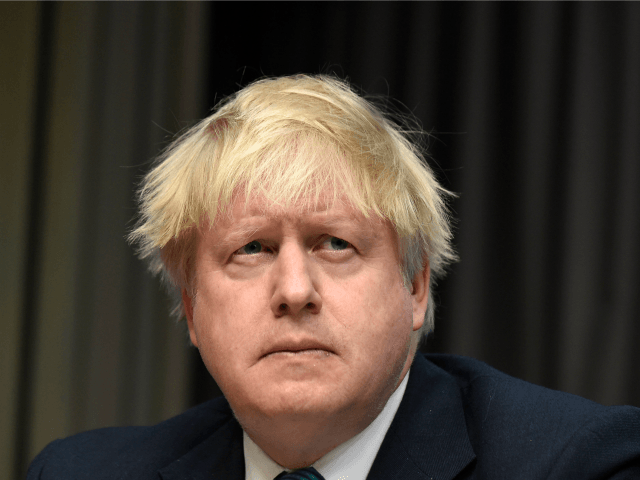Foreign and Commonwealth Secretary Boris Johnson’s credibility suffered a blow in the G7 after proposals to levy targeted sanctions on senior Russian and Syrian figures were rejected.
Germany and Italy vetoed the idea, believing that tensions should not be escalated until an investigation into the gas incident in Idlib, Syria, has been completed, according to The Telegraph.
Italian Foreign Minister Angelino Alfano insisted that “we must have a dialogue with Russia and we must not push Russia into a corner”, suggesting President Vladimir Putin would have to be involved in any process designed to remove Bashar al-Assad from power in Syria.
Foreign ministers from the U.S., UK, France, Italy, Germany, Japan, and Canada are said to have agreed that President Assad had no future as head of state, but no timetable for his removal was established.
They were also unclear on how an “on the ground” investigation acceptable to all parties could be arranged.
Johnson claimed his proposals “had a wide degree of acceptance … but you’ve got to do these things in the proper, legal way”.
Speaking to Sky News, he claimed: “What I think we all want to see is Russia engaging with a political process that involves a transition to a new government in Syria. I think that’s the offer that Rex Tillerson is going to be making, and I think it’s a powerful one.”
A Foreign Office source said that Johnson “went into the G7 wanting unanimity on Assad needing to go, on giving Russia the option of playing a role in combatting [Islamic State] and rebuilding Syria using its armed forces for peace, and on targeted sanctions, including on military chiefs. We got all of those.”
He conceded that “we need more evidence to impose sanctions, but we are confident it will happen”.

COMMENTS
Please let us know if you're having issues with commenting.